Grateful Dead: Casey Jones
Pete Seeger: Casey Jones
[purchase Grateful Dead version]
[purchase Pete Seeger version]



































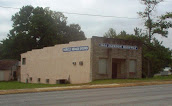
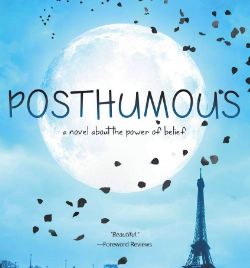



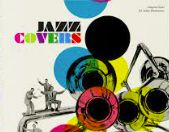

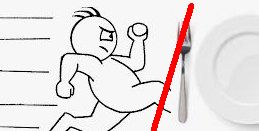







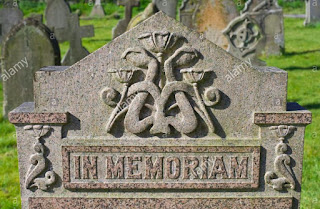

























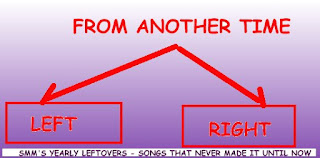



























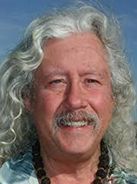











































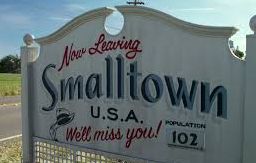





















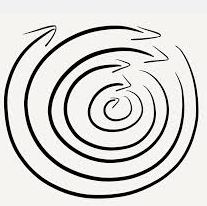



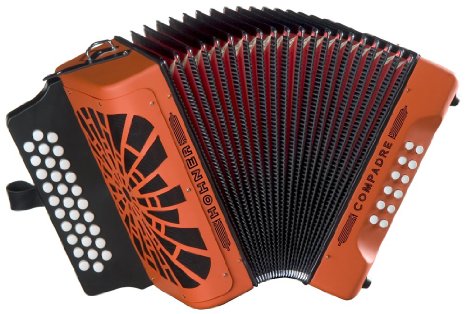






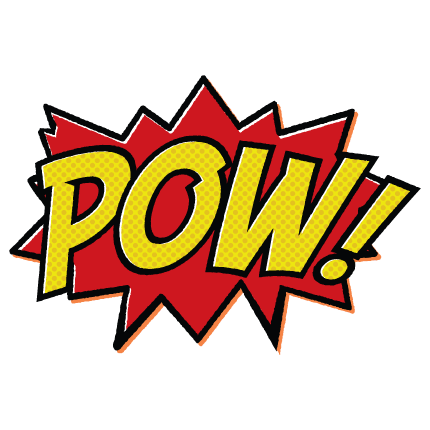

























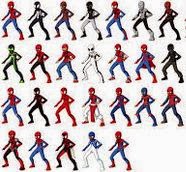
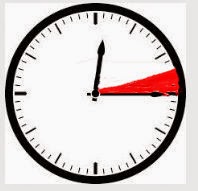

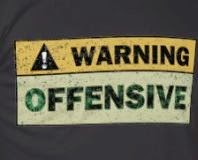
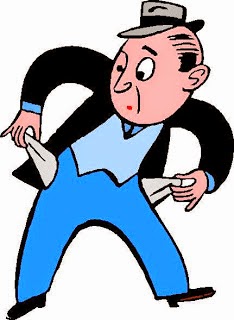





















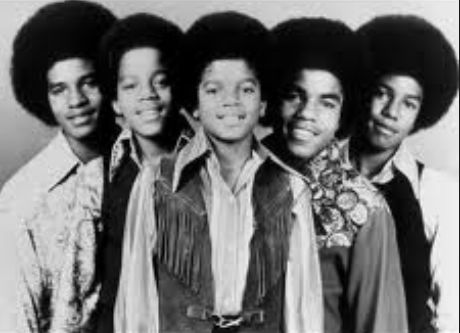
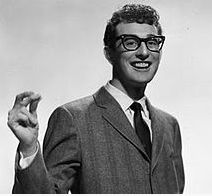




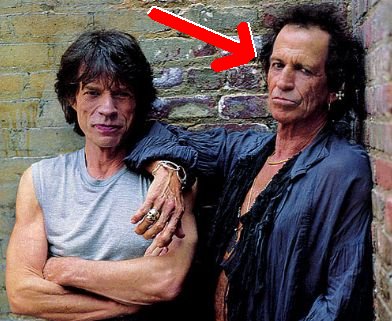










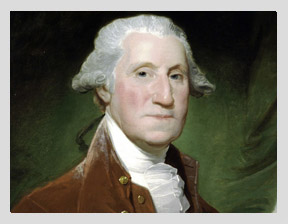






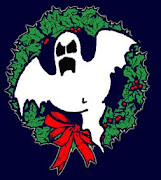

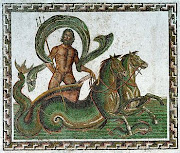




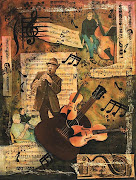

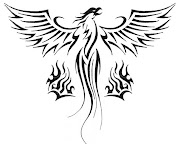
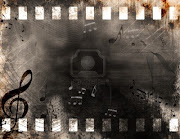
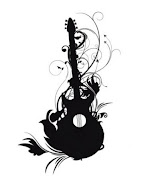




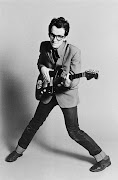



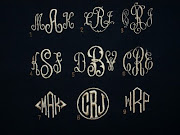





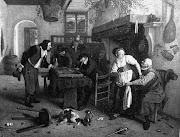
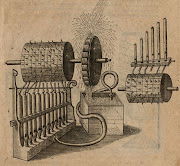

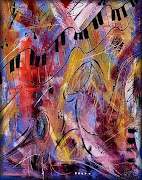
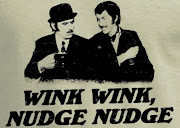

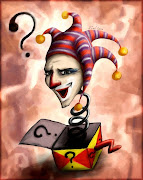
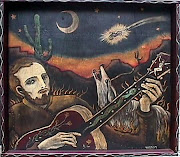
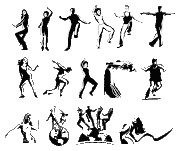









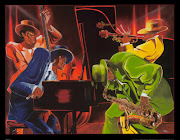



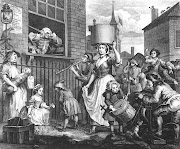
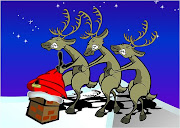




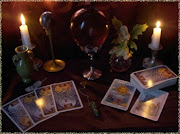




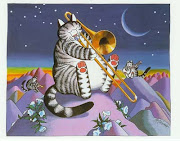
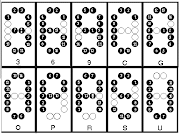
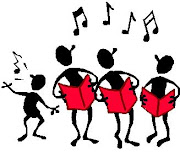


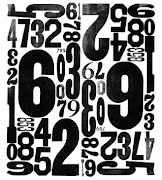





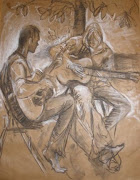
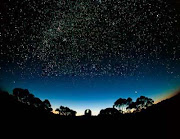



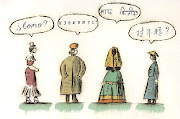





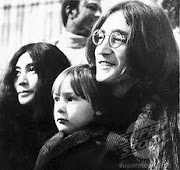
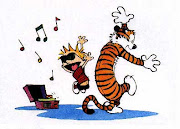




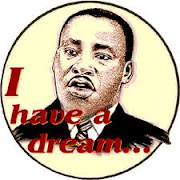
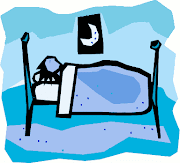
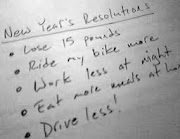
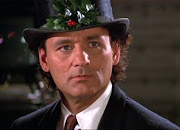

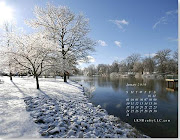


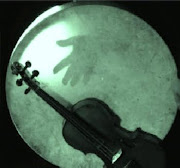

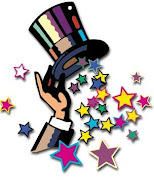

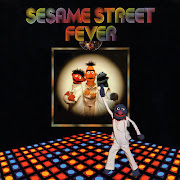


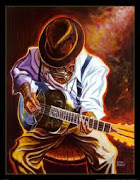
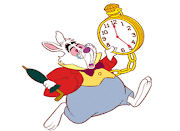
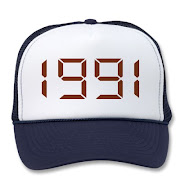
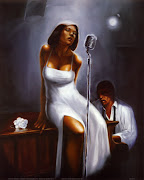

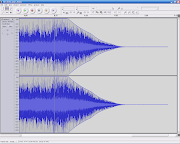
Posted by KKafa at 5:16 PM View Comments
Labels: grateful dead, Mythology and Folklore, Pete Seeger
Warren Zevon: Werewolves of London
[purchase Warren Zevon: Excitable Boy]
This week’s theme got me immediately thinking about unicorns, magic dragons, banshee, leprechauns and even the Japanese tengu (long-nosed goblins). Then I pondered the songs written about Greek Gods and Goddesses such as Venus, Athena, Aphrodite and Zeus. Finally, my mind flew back to a memory of how I celebrated Halloween this year – watching the classic 1941 horror flick “The Wolf Man” starring Claude Rains, Evelyn Ankers, Béla Lugosi, and Lon Chaney, Jr. as the big hairy and scary guy. It seems that Chaney’s portrayal of this mythological creature (or is it?) greatly influenced future Hollywood depictions of the legend.
Throughout the film, we hear villagers recite this poem whenever the subject of werewolves comes up:
Even a man who is pure in heart,
And says his prayers by night,
May become a wolf when the wolfbane blooms,
And the autumn moon is bright.
Not based in legend, these lines were the screenwriter’s invention. We hear them in several other classic werewolf films of yesteryear although later films change the last line to "And the moon is full and bright” to cultivate the idea that a werewolf is transformed under a full moon. That’s often how stories of folklore evolve and are embellished over the years. 1941’s “The Wolf Man” was the second Universal Pictures werewolf movie, preceded six years earlier by a less commercially successful “Werewolf of London.”
I can’t help but wonder if Warren Zevon might’ve watched one of these movies before writing one of his best known songs, “Werewolves of London.” As you’ll hear him sing in the last verse:
I saw Lon Chaney, Jr. walking with the Queen,
Doing the Werewolves of London.
I saw a werewolf drinking a pina colada at Trader Vic's,
And his hair was perfect.
Zevon began as a session musician backing artists like The Everly Brothers and Manfred Mann. His solo career took off with his second album, Warren Zevon, featuring collaborations with Jackson Browne. Zevon is best known for "Werewolves of London," "Lawyers, Guns and Money," "Roland the Headless Thompson Gunner," and "Johnny Strikes Up The Band," all on his third album, Excitable Boy, released in 1978. The title tune was about a juvenile sociopath's murderous prom night. As Zevon played piano and sang, “Werewolves of London" also featured Waddy Wachtel (guitar), Mick Fleetwood (drums) and John McVie (bass). The successful song was paradoxical with Zevon’s signature
lighthearted wry humor and macabre outlook.
Diagnosed with cancer in 2002, Warren Zevon died at age 56 at his Los Angeles home on September 7, 2003. With a great big “Aaooooooo!,” let’s remember and pay tribute to this rock and roller for his great material and contributions to music.
Posted by Joe Ross at 12:05 PM View Comments
Labels: Mythology and Folklore, Warren Zevon, Werewolves of London
[purchase the Drive-By Truckers’ version with Jason Isbell on lead]
[purchase Jason Isbell’s live album being released on November 19, 2012, even though this song isn’t on it]
The story of John Henry is probably one of the most popular American folktales, and it has been the subject of many books and songs. I have 41 John Henry related songs on my iPod, and that just scratches the surface (and some of the recordings also are old enough that they have scratched surfaces). One of my kids’ favorite books when they were younger was a version of the story by Julius Lester and illustrated by one of the best, Westchester resident Jerry Pinkney, which everyone with children should own. [purchase]
In short, the story tells of an African-American “steel-driving” man who defeats a steam drill in a contest to dig a railroad tunnel. He beats the machine, but dies from his exertion. For way more background on the story, including a discussion of its factual basis, check out this website created by four grad students at the University of North Carolina: [John Henry The Steel Driving Man]
The issues raised by this song—the effects of industrialization on human workers—have been struggled over by humanity for a very long time. The Luddites of the 19th century gave a name to the view that technology was generally negative, and the labor movement has also agonized over the balance between allowing technology to advance and the fact that it often puts workers out of work. I recently engaged in a debate on Facebook about whether the self-scanners at our new Stop & Shop were good or bad because they put cashiers out of work, on one hand, but created jobs for security workers and manufacturers, installers and maintenance workers for the new machines. I don’t know, and I doubt there can ever be an “answer.”
Jason Isbell’s song, “The Day John Henry Died,” is an updated version that was originally recorded when he was still with the Drive-By Truckers. Although it gives an outline of the tale, it isn’t a direct narrative like so many of the versions I have heard. And at the end, there is a reference to sleeping on an airplane, which seems to indicate that Isbell thinks that the issues raised by the John Henry story continue to exist today. In his commentary on the Truckers’ website, he notes that he “was always intrigued by the fact that John beat the steam engine, but didn't live to enjoy his victory.” And in the live version in the video posted above, he says that the song is about “winnin’ the battle but losing the war.”
Posted by Jordan Becker at 11:58 AM View Comments
Labels: Drive-By Truckers, Jason Isbell, Mythology and Folklore